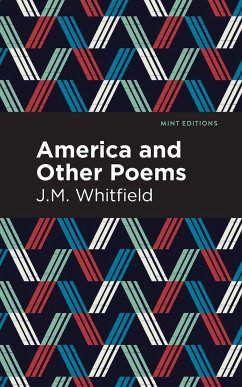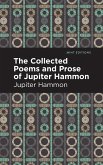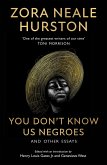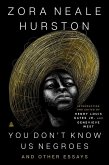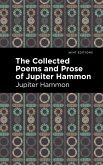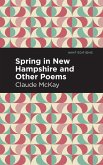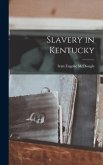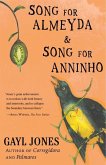America and Other Poems (1853) is a book of poems by J.M. Whitfield. Published while the poet was working as a barber in Buffalo, New York, America and Other Poems captures his sense of poetic form while expressing his belief in the abolition of slavery. In these odes, hymns, and prayers, Whitfield established his reputation as a pioneering African American poet, an impassioned voice for his people who tirelessly sought to change the course of history with his words. "The North Star," which concludes the collection, was written for Frederick Douglass' abolitionist newspaper The North Star, that "guard of truth and liberty" for all. "The writer of the following pages is a poor colored man of this city, engaged in the humble, yet honorable and useful occupation of a barber." In the introduction to his debut book of poems, J.M. Whitfield proudly and directly asserts his identity. Although he does not fit in with the traditional figure of the poet, Whitfield proves his mastery of form while condemning slavery in the strongest terms. "America" opens the collection with a direct address to the nation "from whence has issued many a band / To tear the black man from his soil, / And force him here to delve and toil": "America, it is to thee, / Thou boasted land of liberty,- / It is to thee I raise my song, / Thou land of blood, and crime, and wrong." Without fear, Whitfield questions the moral and political promise of a nation built by slaves. He demands through song and prayer the advent of a day when to "north and south, and east and west, / The wrongs we bear shall be redressed." With a beautifully designed cover and professionally typeset manuscript, this edition of J.M Whitfield's America and Other Poems is a classic of African American literature reimagined for modern readers. Since our inception in 2020, Mint Editions has kept sustainability and innovation at the forefront of our mission. Each and every Mint Edition title gets a fresh, professionally typeset manuscript and a dazzling new cover, all while maintaining the integrity of the original book. With thousands of titles in our collection, we aim to spotlight diverse public domain works to help them find modern audiences. Mint Editions celebrates a breadth of literary works, curated from both canonical and overlooked classics from writers around the globe.

